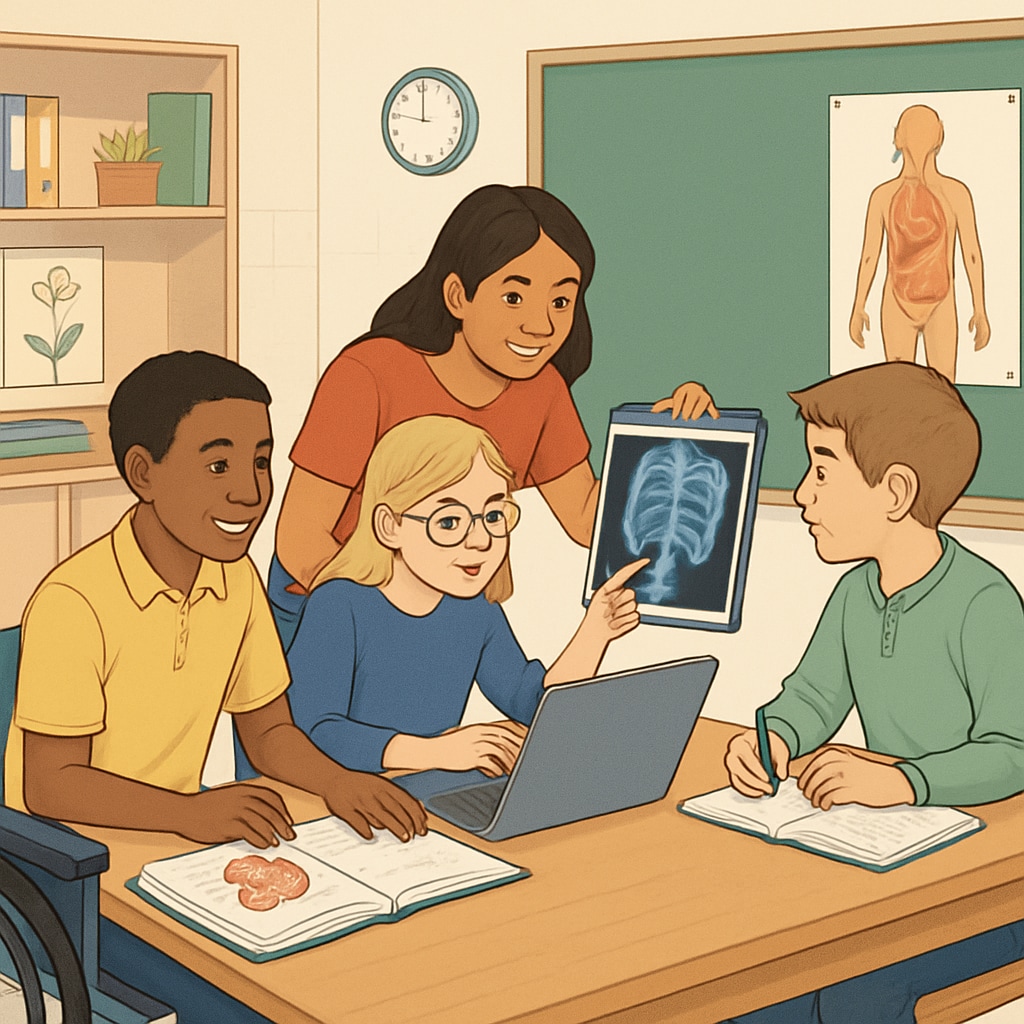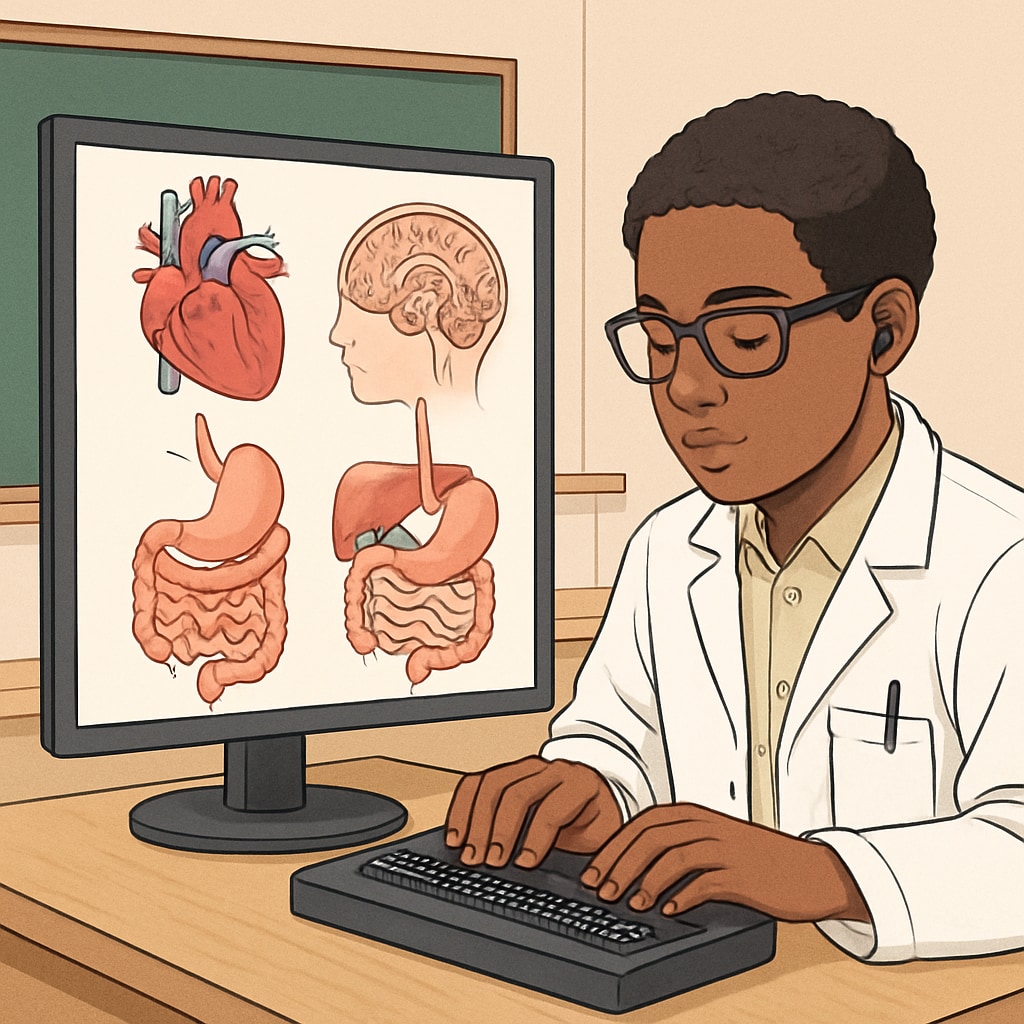Special needs students often encounter significant challenges when pursuing their medical dreams, highlighting issues of educational inequities, learning barriers, and systemic shortcomings. These aspiring medical professionals bring immense potential and unique perspectives to the field but face structural and personal hurdles that often overshadow their ambitions. In this article, we explore these obstacles and propose actionable solutions to create a more inclusive educational environment for special needs students.

Understanding the Challenges: Educational Inequities and Learning Barriers
The journey toward becoming a medical professional is demanding for any student, but for those with special needs, the path is fraught with additional obstacles. Educational inequities often arise from a lack of accessibility, inadequate accommodations, and limited resources within traditional learning environments. For example, many schools lack adaptive technologies or trained staff to support students with disabilities. Furthermore, standardized testing methods may fail to account for learning differences, creating unfair disadvantages.
Learning barriers vary widely depending on the nature of the student’s needs, whether physical, cognitive, or emotional. For instance:
- Physical disabilities: Limited mobility or chronic health issues can impact attendance and participation in lab-based courses.
- Cognitive disabilities: Conditions like dyslexia or ADHD may hinder the ability to process complex medical terminology or focus during extended study sessions.
- Emotional challenges: Anxiety or depression stemming from societal stigma can erode self-confidence and motivation.
These challenges not only affect academic performance but also shape students’ overall educational experience, often discouraging them from pursuing competitive fields like medicine.
Building Bridges: Strategies to Support Special Needs Students
Addressing the challenges faced by special needs students requires a multi-faceted approach. Institutions and educators can adopt several strategies to improve inclusivity and enable these students to thrive:
- Personalized Learning Plans: Tailored curriculums and flexible schedules can accommodate individual needs, allowing students to learn at their own pace.
- Technology Integration: Assistive tools like text-to-speech software, screen readers, and adaptive lab equipment can enhance accessibility.
- Specialized Staff Training: Educators trained in inclusive teaching methodologies can better support students with diverse needs.
- Mental Health Support: Counseling services and peer support groups can help students manage stress and build resilience.
By implementing these measures, educational institutions can create an environment where special needs students feel empowered to pursue their medical dreams.

Empowering Special Needs Students: Beyond Academics
While academic accommodations are crucial, the psychological aspect of supporting special needs students cannot be overlooked. Many face societal stigma and self-doubt, which can hinder their pursuit of challenging careers like medicine. Therefore, fostering a culture of acceptance and encouragement is essential.
Some practical steps include:
- Mentorship Programs: Connecting students with professionals who have overcome similar challenges can serve as a source of inspiration and guidance.
- Awareness Campaigns: Educating peers and faculty about the capabilities of special needs students can reduce stereotypes and build a more supportive community.
- Celebrating Success Stories: Highlighting the achievements of special needs individuals in the medical field can provide motivation and challenge societal biases.
By addressing both academic and emotional needs, institutions can help special needs students unlock their potential and contribute meaningfully to the medical profession.
In conclusion, special needs students possess the determination and talent to make significant contributions to the healthcare field. However, educational inequities and learning barriers often stand in their way. By combining personalized learning plans, adaptive technologies, and psychological support, educators and policymakers can pave the way for these students to achieve their medical dreams. Such efforts not only benefit the students themselves but also enrich the medical field with diverse perspectives and experiences.
Readability guidance: Short paragraphs, active voice, and clear transitions enhance readability. Lists and examples make complex ideas more accessible.


